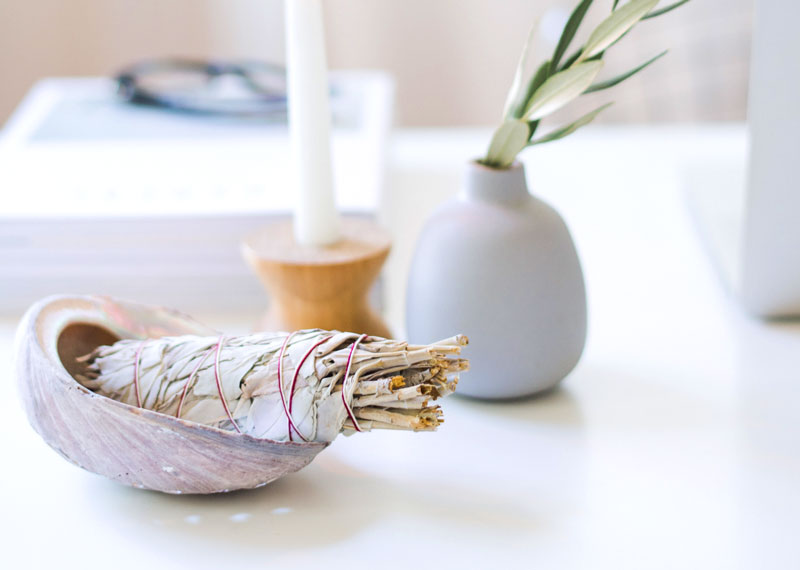If my relationships of 2019 had a theme, it would be “dysfunctional”. I’m not sure what happened or when it happened, but I’m positive my people pleasing and avoidance tendencies shined the brightest last year. All the people in my life grew to know that I might answer the phone or text you back… eventually! The start to my behavior may have come from feeling lack of equality, support and honest communication, but I have to accept my part and change what I can going into 2020.
We are all prone to unhealthy relationships. They come in all circles and genders and sometimes involve the people we love the most- parents, friends, and significant others. What do you do if you are in an unhealthy relationship? How do you know? Maybe the relationship is just going through a tough time?
Someone who likes to destroy your things and call you names here and there because they think it is funny is a sign of imbalance in your relationship. Feeling like you have to walk on eggshells, do things you don’t want to do or cut people you love from your life to maintain a relationship are also big indicators.
I can admit that I have had several unhealthy relationships. I had not realized they were in such bad shape because the damage that was being done was not all done at once. Small actions and conversations over the course of a few years turned the relationship sour.
I know that I don’t want to completely end my relationships so I asked myself “How can you transition your unhealthy relationship into a healthy, thriving relationship?” The answer to that question isn’t easily found. Although I know it doesn’t all relay on one party, I did notice there are things I needed to put back into practice myself to contribute. I try to practice these few things to maintain a healthy relationship:
1. Patience: this is the number one thing! You are about to go through a stage of change and during those periods of time we all struggle a bit because we are doing things that aren’t natural to us. So be patient with yourself and the other party involved. You have to be uncomfortable for a second to be able to grow together in the near future.
2. Open + Honest Communication: Communication is key in relationships. Both parties need to feel that they are free to express what they feel and that it will be heard and taken into consideration by the other party involved. This step can be difficult to transition if unpredictability, control or pressure is an aspect of your relationship. Regardless of how you feel your partner may respond, it is important that we exercise our throat chakra by finding our voice and speaking up for ourselves + how we feel. Also, make sure you are willing and open to listen to your partner in the same manner when he or she is trying to communicate with you.
3. Equality + Respect: Being equal in a relationship is majorly important to keep it healthy + balanced. Equality means sharing the effort and power so no one is being bossed around. Maybe your partner doesn’t want to always be responsible for choosing where to eat dinner every night or where you will vacation next summer. The decisions shouldn’t all rely on one of you. Try alternating ideas + power more often. That may be just what your counterpart needs to feel that you respect their efforts and are trying to not have things be one sided. If you find that your partner likes to be in control, it’s important to treat yourself with respect and say no to things that may make you uncomfortable. Set some boundaries. Listen to each other’s concerns and be mindful of what you contribute to the relationship.
4. Trust + Support: Trust is about being able to count on someone. When something is said, one needs to be able to believe that it will be followed up on and completed. When you trust someone, you know that they will be there to support your best interest and look out for you. That’s’ not to say that unfortunate things won’t happen and some commitments will go unfulfilled. When mishaps surface, being honest about what happened as soon as possible can go a long way in maintaining trust. Both parties should have enough trust that the relationship can withstand misfortunes and the other involved will support them without walking away or putting up a wall.
One person cannot fix the nature of the relationship alone. Both parties must be aware and committed. And unfortunately, there will be people who don’t see a problem with the way things are going or just do not want to do the work. If you find yourself in one of those situations, I think it is best to choose yourself and cut ties with the relationship. Everyone says they want a “ride or die” without completely understanding what riding and dying entails- a lot of self sabotage. Let’s not sabotage ourselves for others anymore and make 2020 one of healthy relationships + self love. We all deserve nothing less.



0 Comments